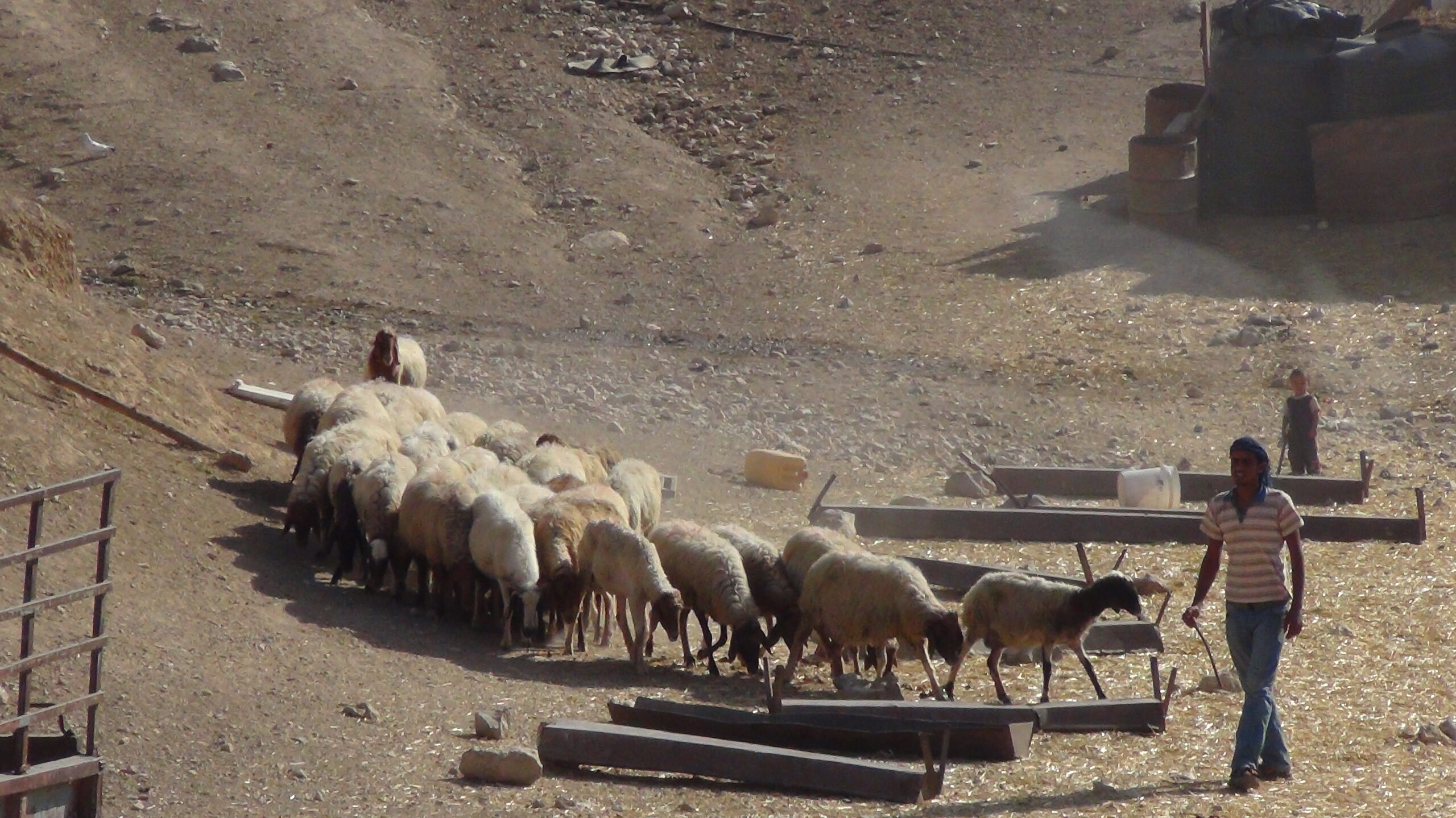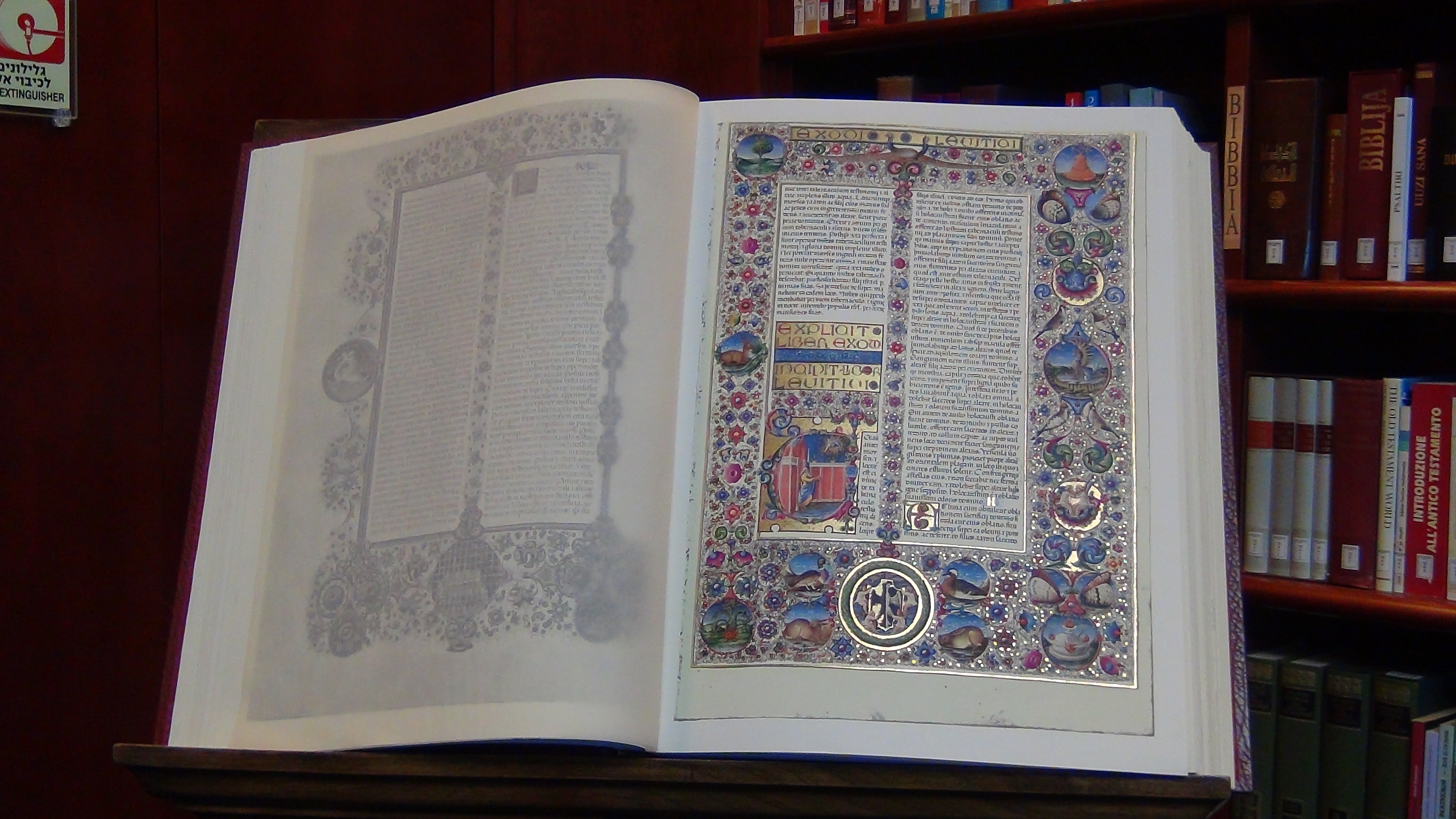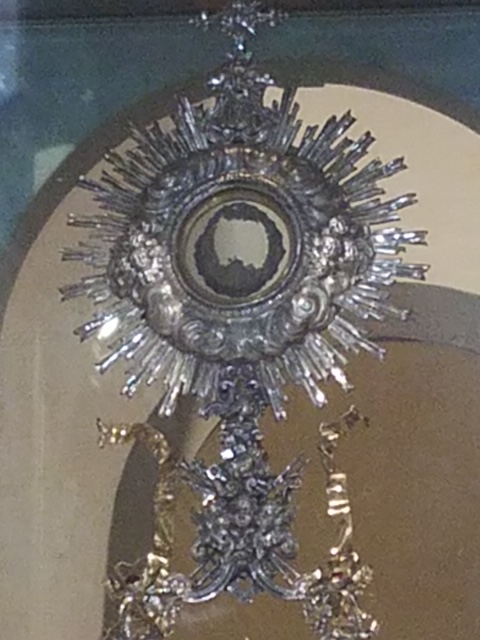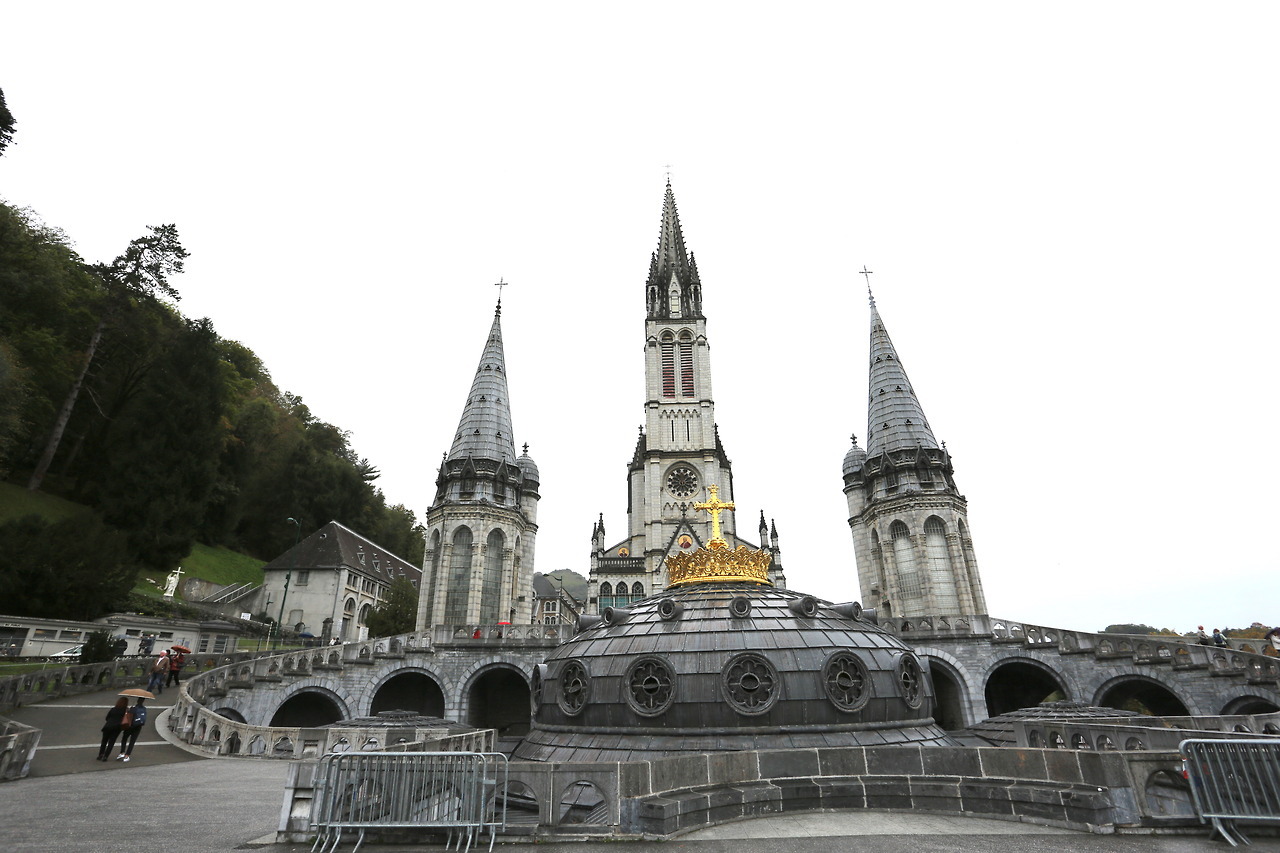Jer. 20:10-13; Ps 69:8-10, 14, 17, 33-35; Rom. 5:12-15; Mt. 10:26-33
“Fear no one” except for “the one who can destroy both soul and body in Gehenna”. In this world we are to fear no one as sheep under the care of our shepherd. Without fear we are to be bold Christians unafraid to stand for our faith and acknowledge our God before others. This is what the culture of death cannot accept, that we are not to fear proclaiming our faith in the public square. In fact, the test of fortitude is to acknowledge our heavenly Father before others or we too will be denied before the Father.
Consider the four cardinal virtues of prudence, justice, fortitude and temperance. With prudence the Holy Spirit can guide us to right action and with justice we can discern what is just in the eyes of God but unless we have the fortitude to stand for what is just and take right action, we can fall into the sin of omission afraid of being judged by the world and compliant by our silence. Do we have the courage to let others know “I am a Catholic”; to silently pray by making the sign of the cross before a meal at a restaurant or if you are a student at lunch on campus? Do we dare repeat the words of the church when it says abortion is intrinsically evil? If we deny our faith before others, have we denied God himself? Let us pray for prudence to take right action before others,
We also receive the gift of temperance that we may recognize the right balance in standing for justice without falling into sin by extremist reactions. We are called to be warriors for Christ by following as imitators of Christ and not imitators of the evil one. Recall how Jesus corrected Peter for his wrong intentions, “Get behind me, Satan. You are thinking not as God does, but as human beings do.” (Mk. 8:33) We must always discern right action in times of wrong by seeking the mind of God or risk becoming zealots of our own ideology.
Just as in the early church there was a time of persecution for proclaiming the one true God, today the cancel culture is back seeking to destroy anyone who does not accept the mantras of what is viewed as “progressive” ideology. There was a time when the compromise seemed to be silence, just keep your views to yourself and leave politics, religion, and money out of the conversation. That is no longer the approved standard.
Unless you demonstrate support for progressive ideology with chosen pronouns, gender affirming language, even required colors in clothing that support certain views there will be an effort to punish and cancel a person. Unless people demonstrate support for freedom without restraint in termination of life of the unborn, assisted suicide, and gender transitioning at any age you will be persecuted.
What is true for Jeremiah is become true for society at large. There is “terror at every side!” ready to denounce anyone who dares to oppose what is labeled as “progressive”. Ironically to call the current culture “progressive” is an oxymoron. Our times reflect the words of Isaiah 5:20 “How terrible it will be for people who call good things bad and bad things good, who think darkness is light and light is darkness”. This is nothing more than the work of the evil one and many have fallen seduced by a “feel good” philosophy. If it feels good then do it.
Did it feel good for Jesus to suffer and die on the cross? Not at all. By his goodness he opened the gate into heaven by way of the cross. Does it feel good to face your fears in order to overcome them? Not at all. It would seem best to run from those fears but that only adds greater fear. It is in facing our fears that we struggle and learn how to overcome them. Does it feel good to get old and see our body struggle with illness, our mind lose cognition, and lose our independence? Not at all. Yet, it is in dying that we are born again into the kingdom of God, the resurrected life and the glorified state. This the world cannot understand or accept but we have come to believe in the Son of God sent to redeem us and give us true freedom.
The “feel good” philosophy is the gate to Gehenna where some fall into damnation and others come to be purified by fire. Gehenna between the 7th and 10th century B.C. was a valley where child sacrifices were made to the gods, the modern-day abortion world to the god of self. In the time of Jesus, it had become the city dump outside of Jerusalem where the trash was burned, the modern-day confessional where we go to dump our sins and be forgiven. For Jews it also came to represent a sign as a “place of purification” which in Christian eschatology is taken to be purgatory (Britannica.com) the modern view of washing our baptismal robes of our sins. Gehenna is the fire of transformation from great sinner to great saint but not for all.
It does not have to be Gehenna for us when we choose God’s way. God’s way is the imitation of Christ. Christ is the image, person, and God we are to follow. For this he came to show us the way to salvation. “Fear no one except the one who can destroy both soul and body in Gehenna”. Who has the power to do this? Is it God after all he is the one creator of all who can destroy all; is it the evil one who comes to destroy body and soul through sin; or is it something we have done to ourselves by our own free will? Let us pray that we will not be the one to find out the answer by having denied Jesus. Remain in him and he will remain in us.









Recent Comments